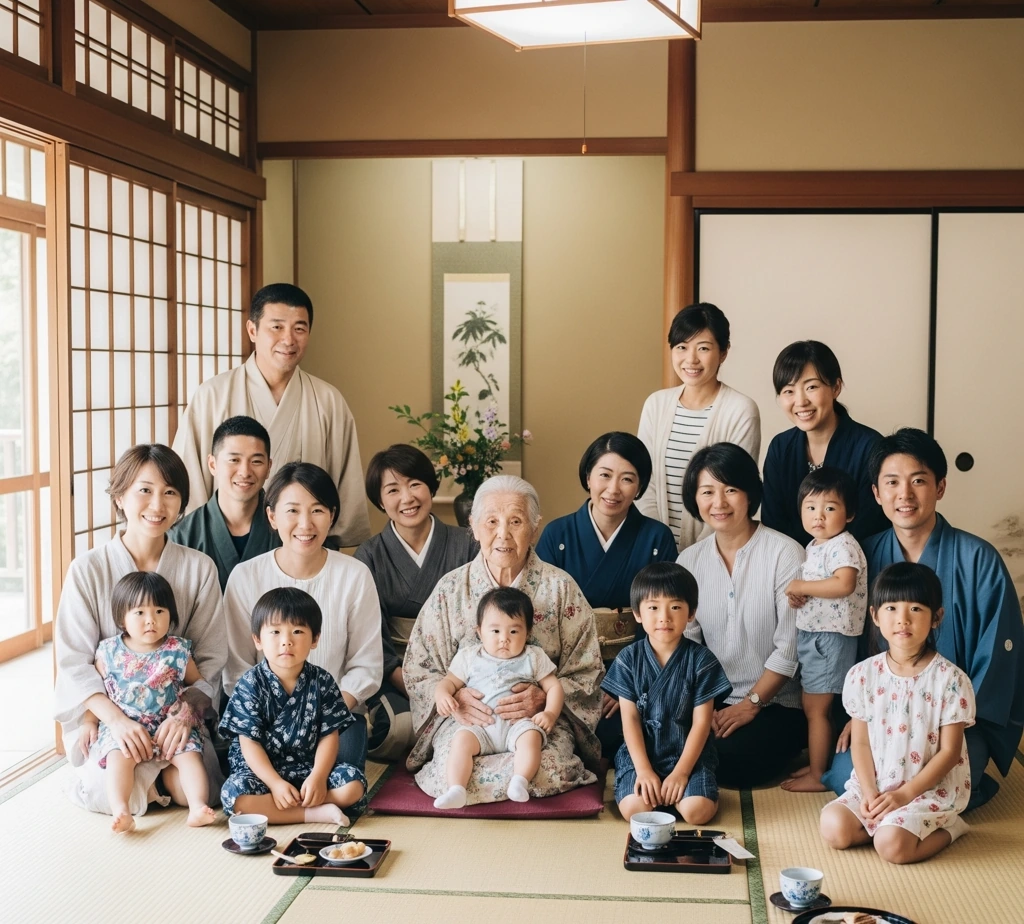Ikigai, which loosely translates to "a reason for being," is more than just a philosophy; it's a way of life that harmonizes passion, profession, vocation, and mission. This concept has captivated the imagination of people worldwide, offering insights into longevity, happiness, and the intrinsic motivation that drives us. This article delves deep into the essence of Ikigai, unraveling its components with an illustrative example to guide those seeking their path.

The Four Pillars of Ikigai
Ikigai resides at the intersection of four fundamental questions: What do you love? What are you good at? What does the world need? What can you be paid for? These questions converge to form the essence of Ikigai, guiding individuals to find joy, fulfillment, and balance in their daily routines.
- What You Love (Passion): This pillar reflects your heart's desires and the activities that bring you joy and fulfillment.
- What You Are Good At (Profession): This aspect focuses on your skills and talents—where you excel naturally.
- What The World Needs (Vocation): This pillar looks outward, identifying how you can contribute to society and make a difference.
- What You Can Be Paid For (Mission): This practical component ensures that your Ikigai is sustainable, linking your passion and skills to economic viability.
Ikigai in Practice: A Story of Culinary Arts
Consider Maria, a corporate attorney who feels something is missing despite her successful career. She reflects on her Ikigai to find a more fulfilling path:
- What Maria Loves: Cooking has always been Maria's passion. She loves experimenting with recipes and sharing meals with friends.
- What Maria Is Good At: She has a talent for blending flavors and a knack for creating healthy, delicious dishes.
- What The World Needs: There's a growing demand for nutritious, sustainable food that supports well-being and the environment.
- What Maria Can Be Paid For: People are willing to pay for cooking classes, catering, and sustainable food products.
Maria realizes her Ikigai lies in combining her culinary skills with her desire to contribute to a healthier world. She decides to transition from law to launching a business that offers cooking classes focused on sustainable eating. Maria's venture not only aligns with her passion and skills but also addresses a societal need and has the potential to support her financially.
The Benefits of Living Your Ikigai
Living according to your Ikigai has profound benefits:
- Purpose and Direction: Ikigai offers a sense of purpose, guiding individuals toward fulfilling endeavors that resonate with their core values.
- Balance and Well-being: By balancing personal desires with societal contributions and financial needs, Ikigai promotes a holistic approach to life, enhancing overall well-being.
- Motivation and Resilience: When actions are rooted in Ikigai, they provide intrinsic motivation and foster resilience in the face of challenges.
- Connection and Contribution: Ikigai encourages people to consider their role in the broader community, fostering a sense of connection and contribution.
Finding Your Ikigai
Discovering your Ikigai is a personal journey that requires introspection, experimentation, and patience. Start by reflecting on the four pillars, noting down your thoughts and observations. Look for patterns and intersections among your passions, talents, societal needs, and potential income sources. Be open to exploring new paths and adjusting your course as you gain insights and experiences.
Conclusion
Ikigai is not a destination but a continuous process of aligning your actions with your inner self, the needs of society, and the possibilities of the marketplace. It invites us to explore deeply what makes life worth living and to pursue that with all our hearts. By embracing the principles of Ikigai, we can navigate the complexities of life with a sense of purpose, joy, and balance, ultimately finding our unique place in the world where our passions and talents meet the needs of others. Maria's story is just one example of how understanding and applying Ikigai can transform lives, guiding us toward a path of fulfillment and happiness.
In the dynamic field of personal advancement and success, several distinct methods emerge to help individuals tap into their fullest potential and cultivate lives of deep fulfillment and balance. Leading the charge, the Wheel of Life promotes a holistic examination of one’s lifestyle, while Ikigai: The Japanese Secret to a Long and Happy Life inspires a journey towards discovering one's inherent purpose. These critical strategies are foundational for effectively charting the course of life’s voyage. The orderly GROW Model, the anticipatory method of backward planning, the creative potential unleashed by vision boards, the focused clarity achieved through O.K.R.s (Objectives and Key Results), the insightful process of the "7 Whys", and the straightforward applicability of the SMART framework, all weave into a comprehensive tapestry of personal growth. Jointly, they provide a robust framework for self-improvement, presenting a versatile collection of techniques to forge a life in harmony with one’s truest values and dreams.